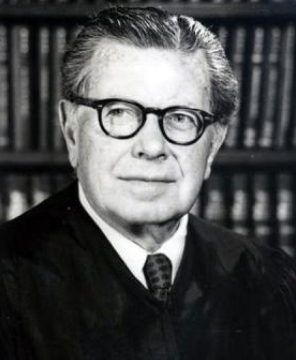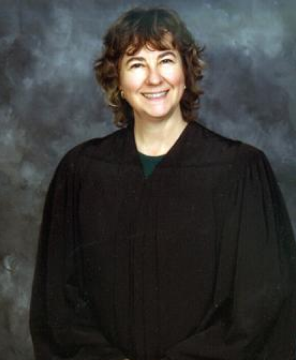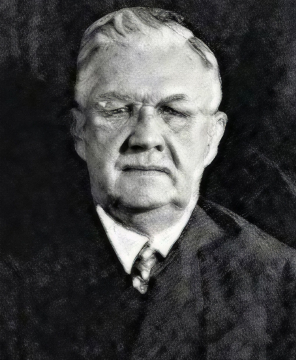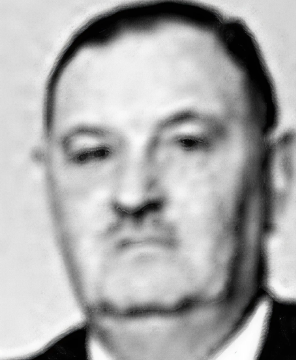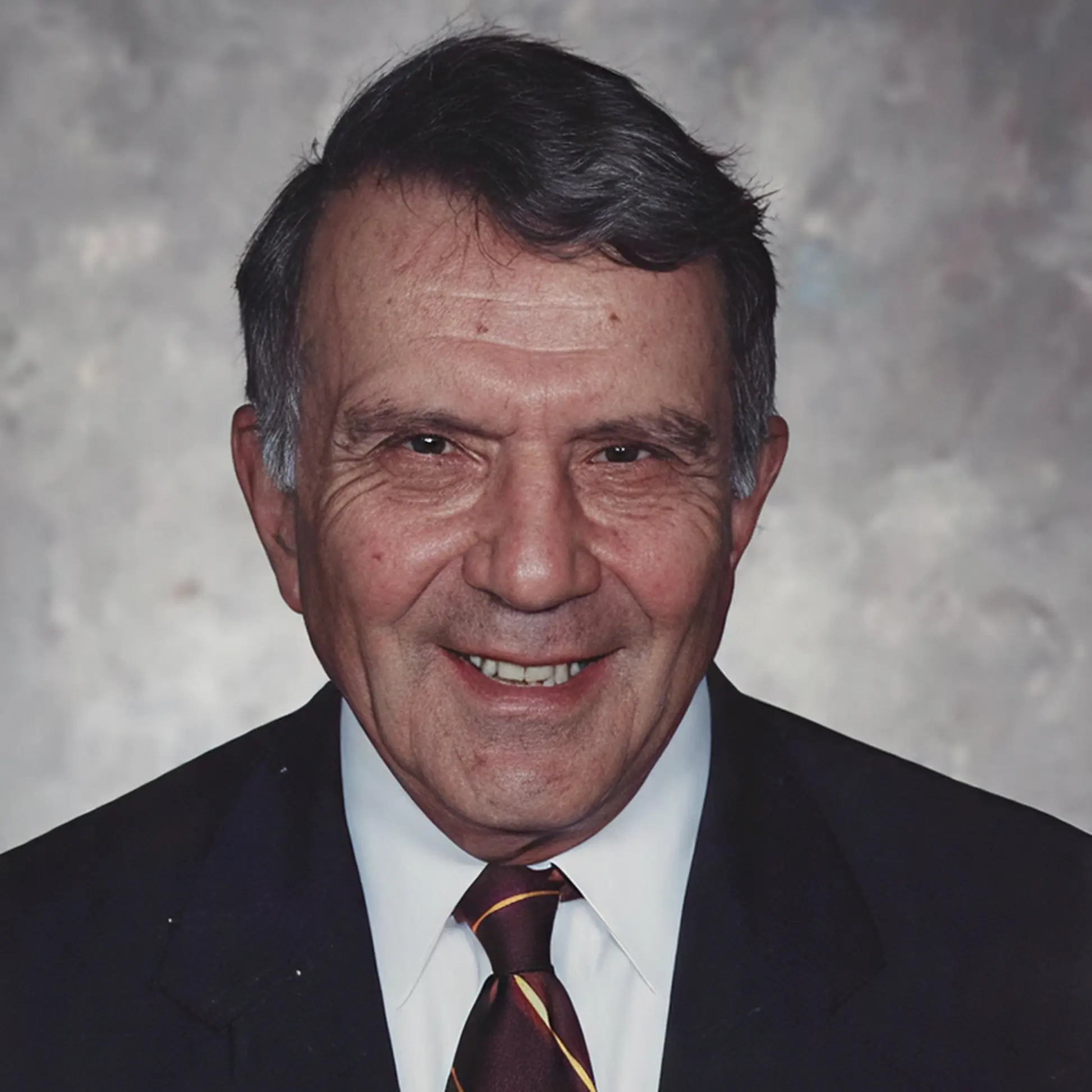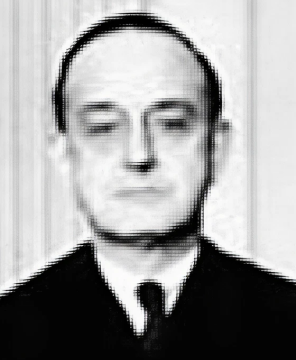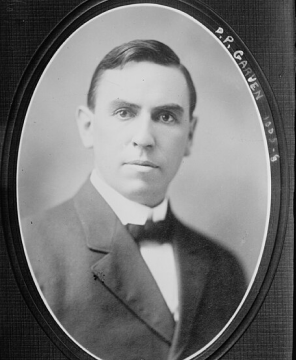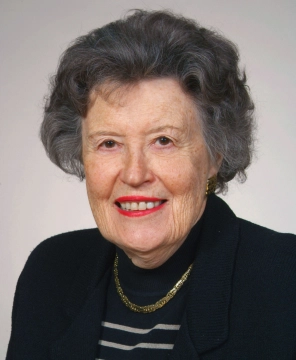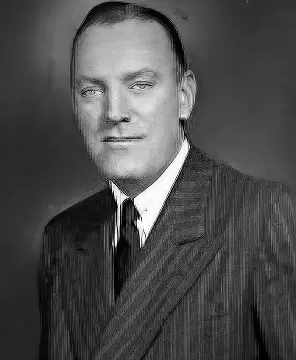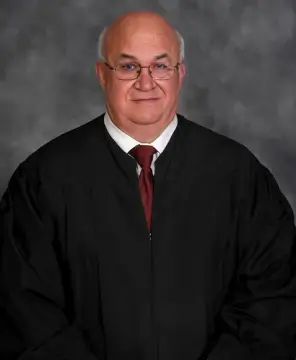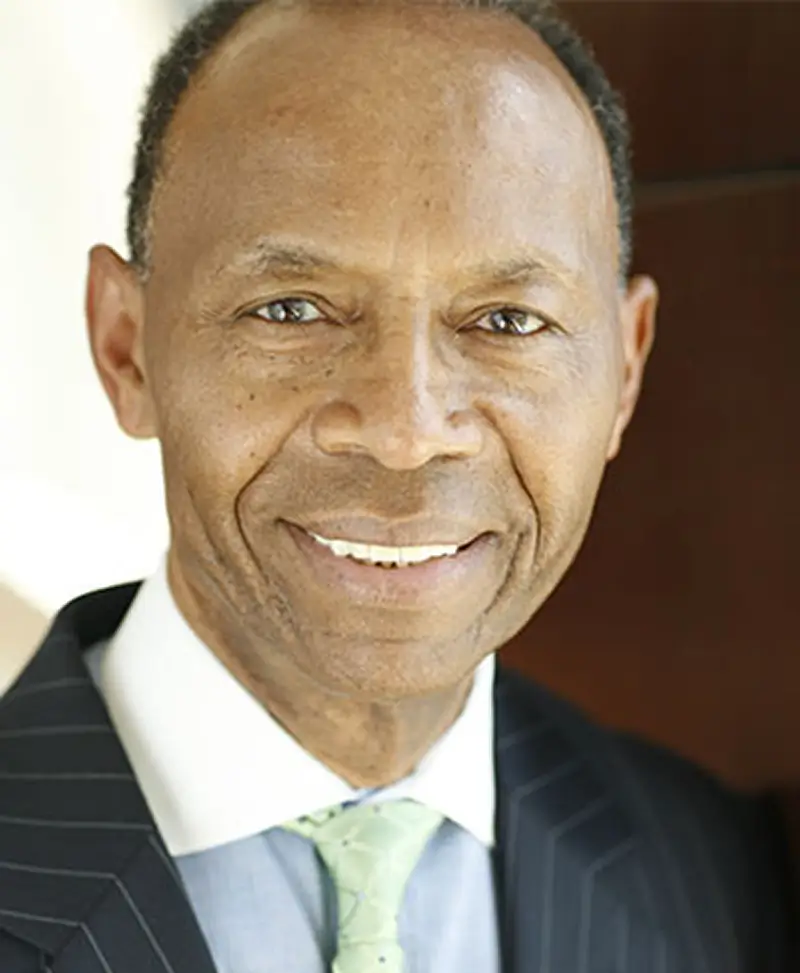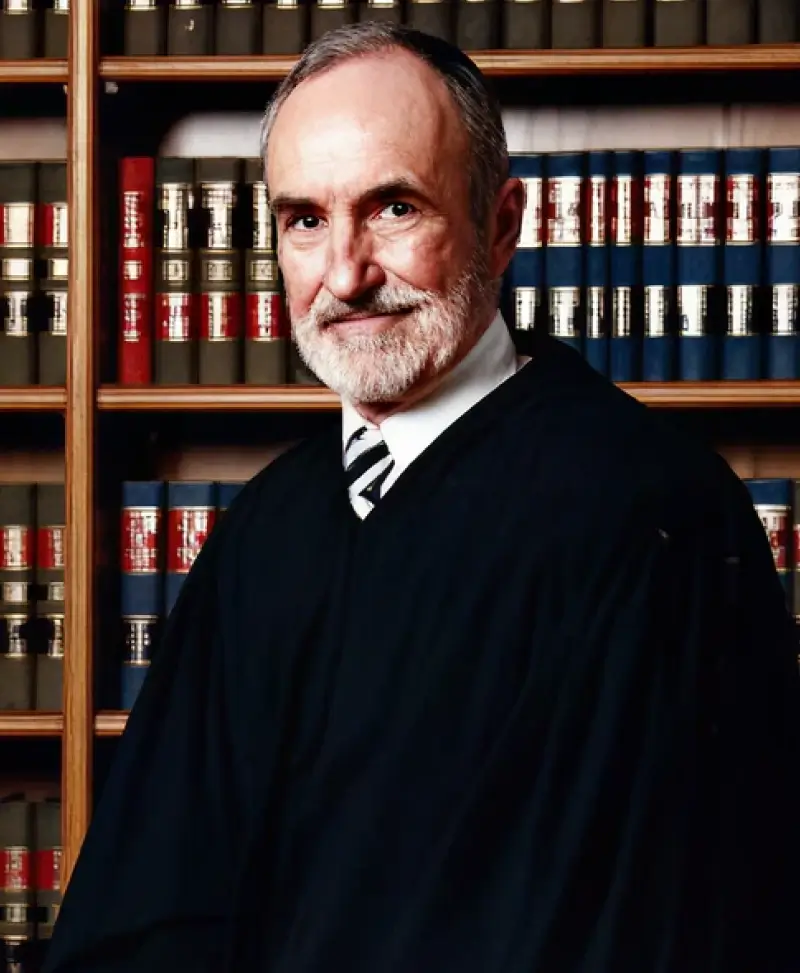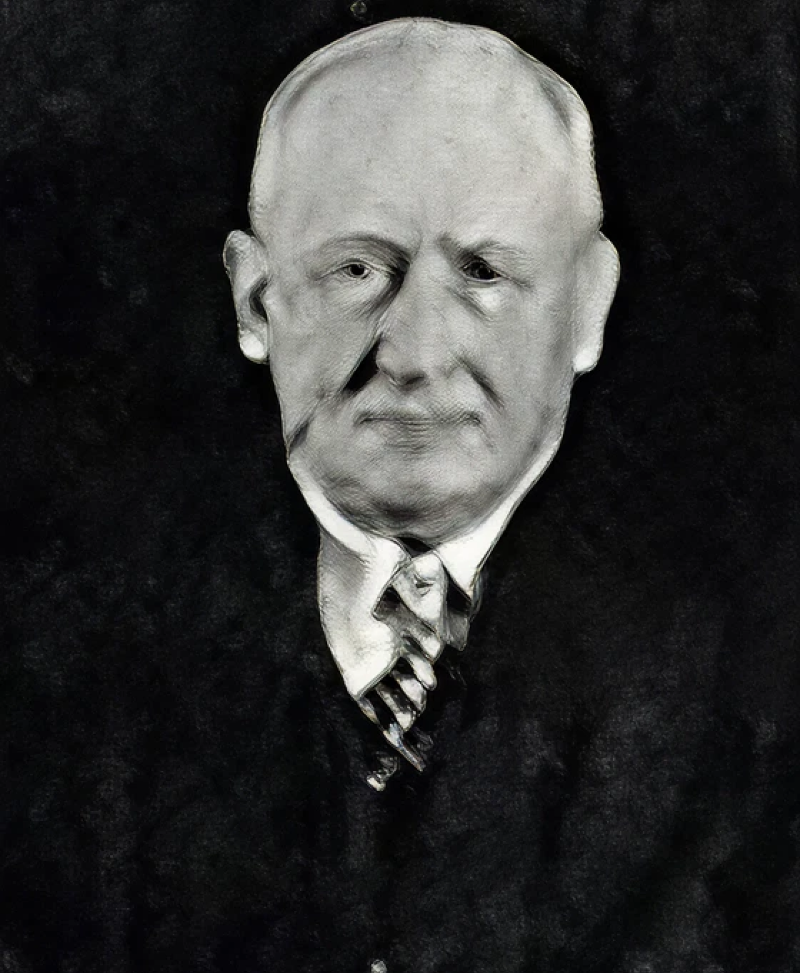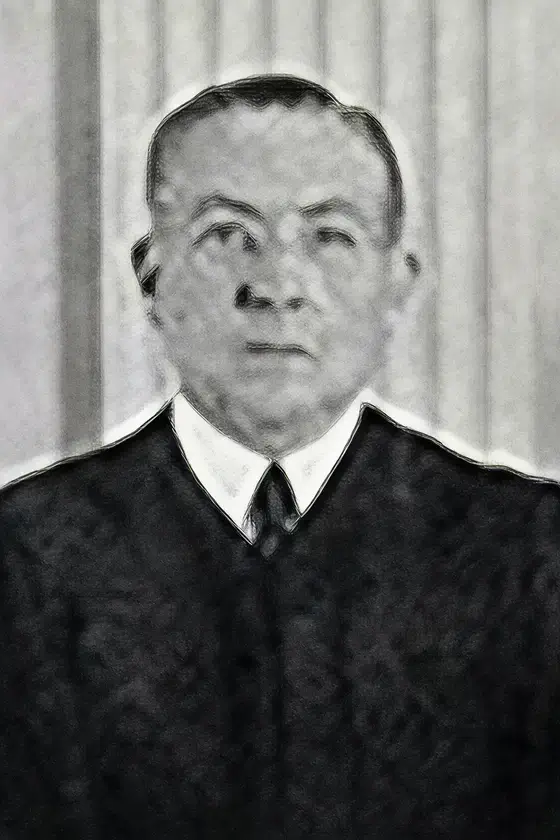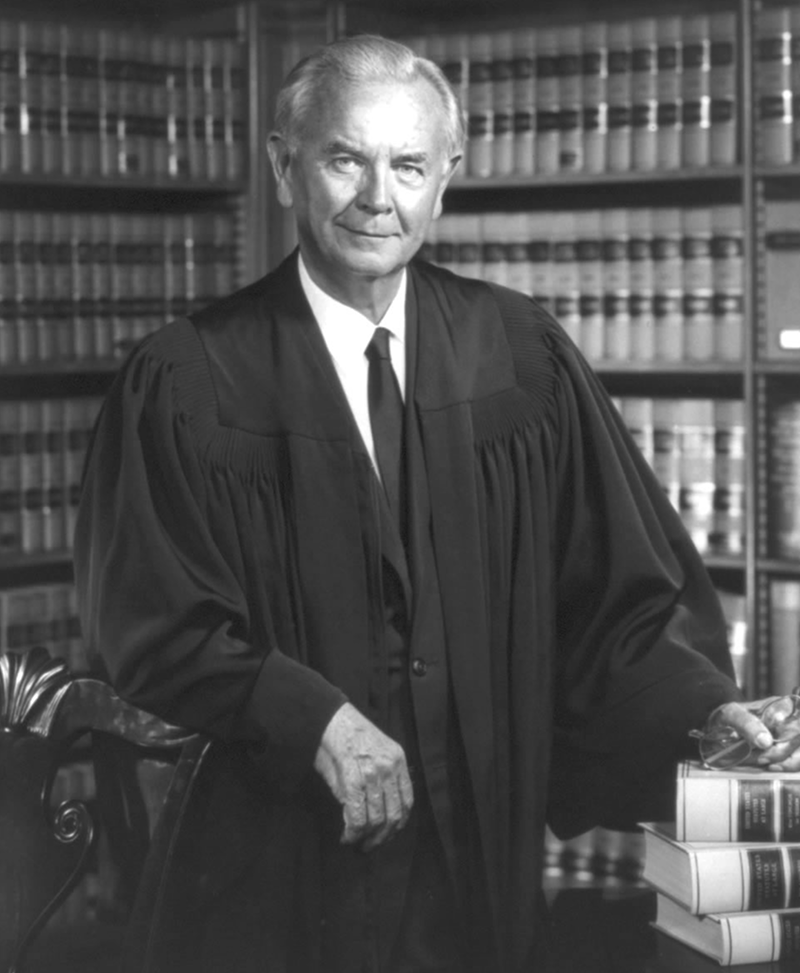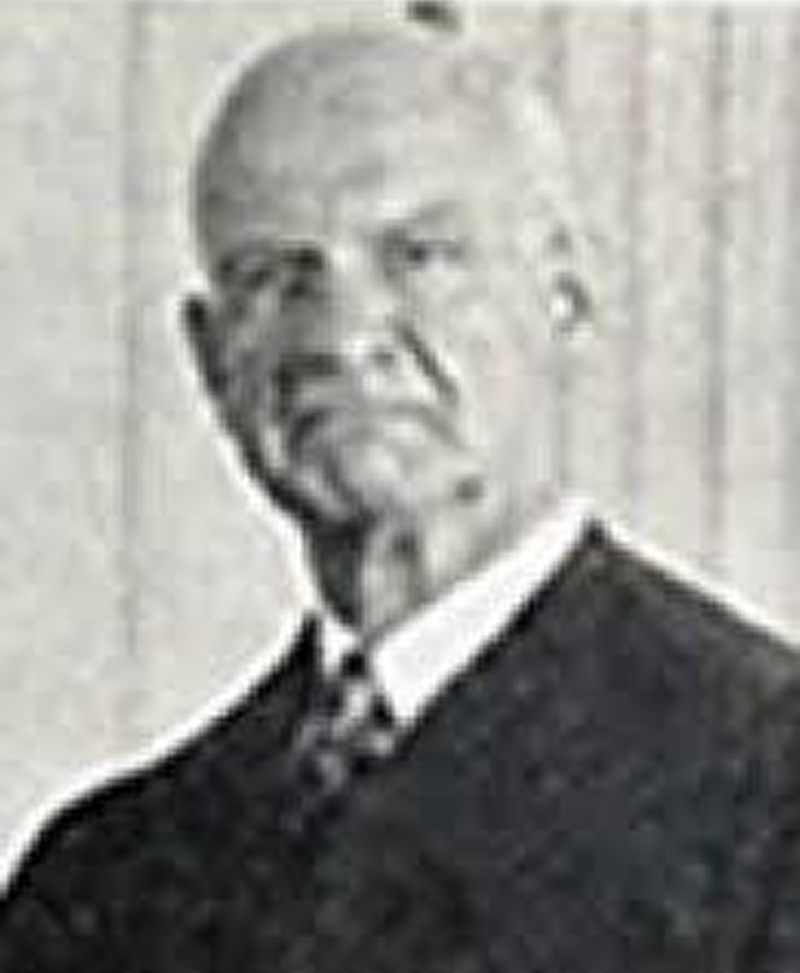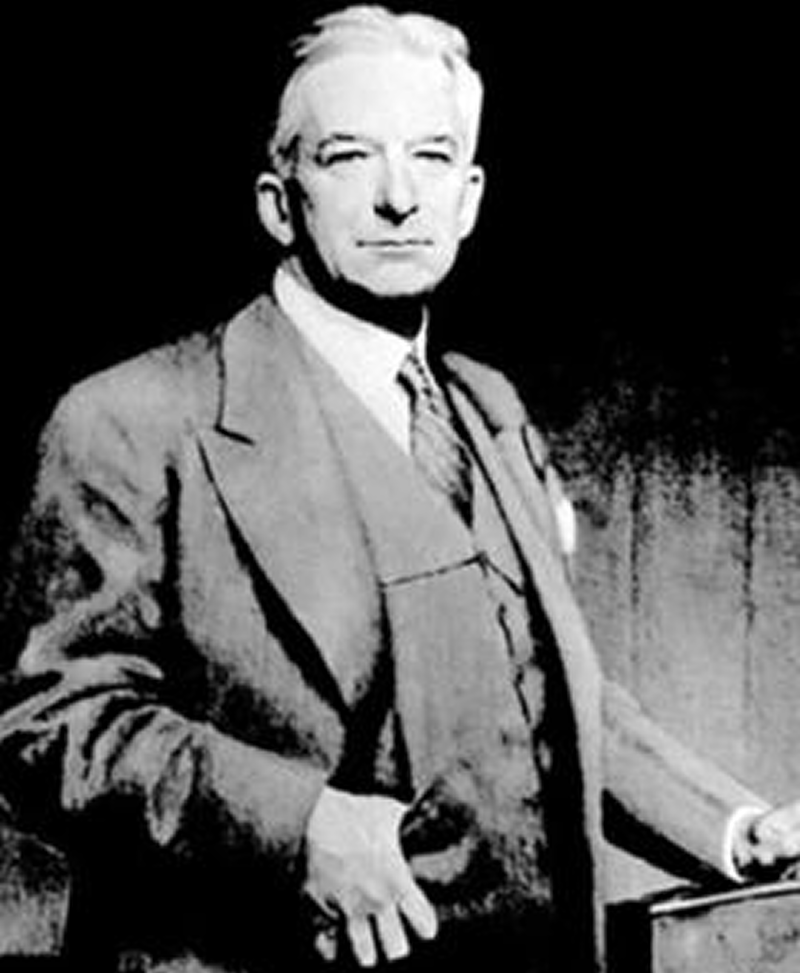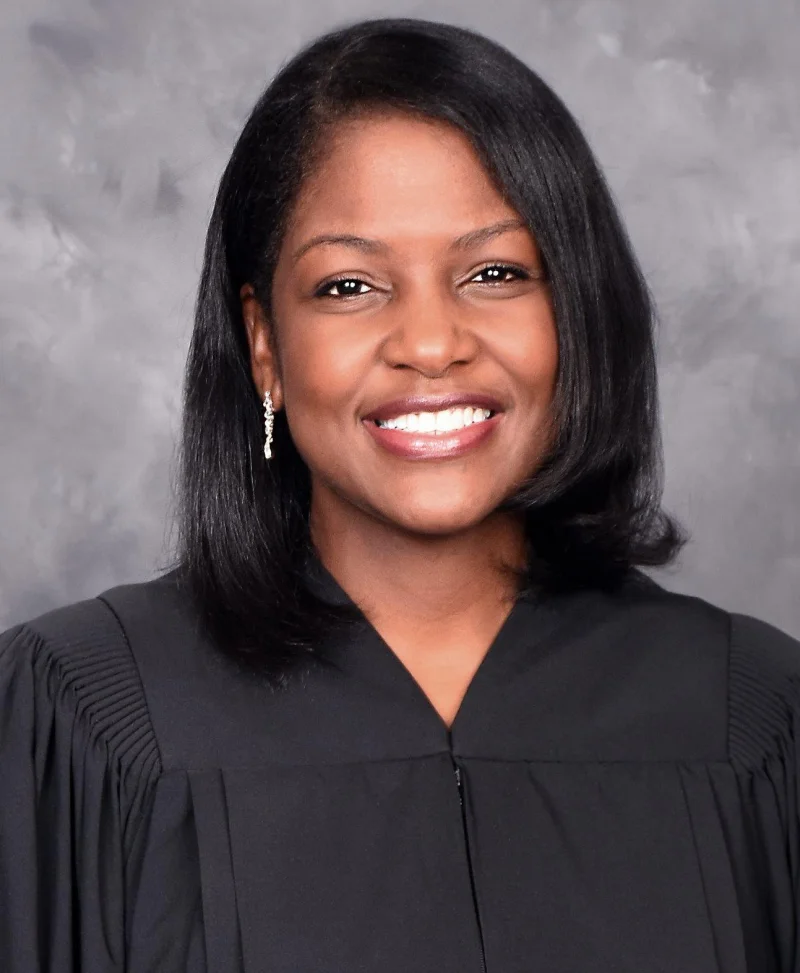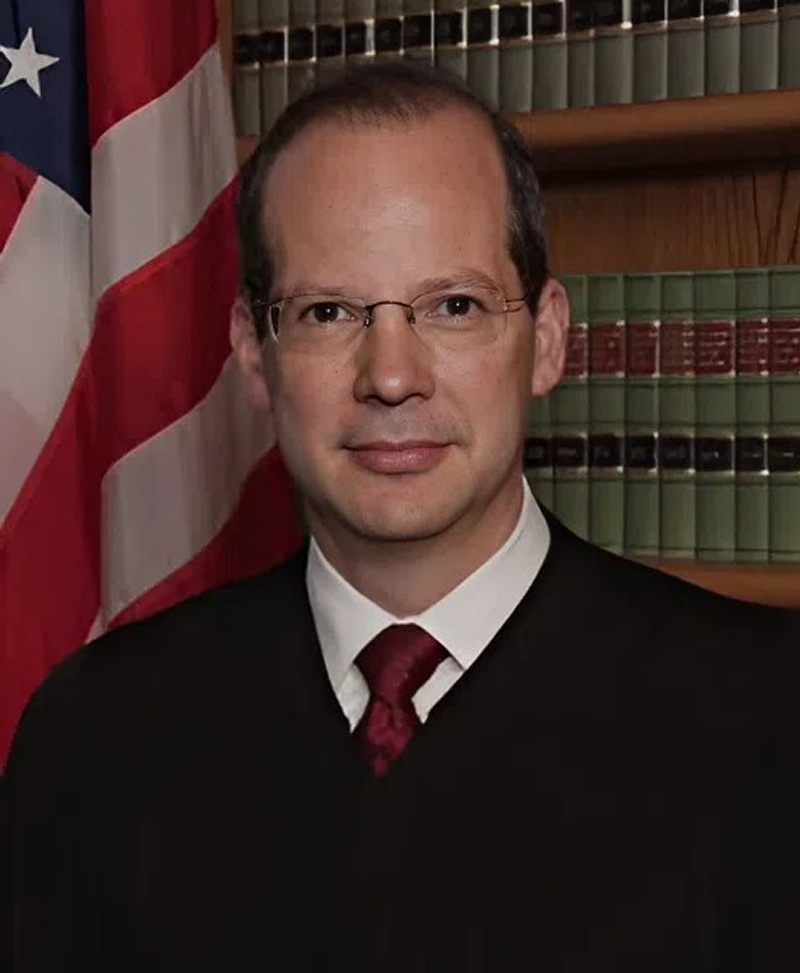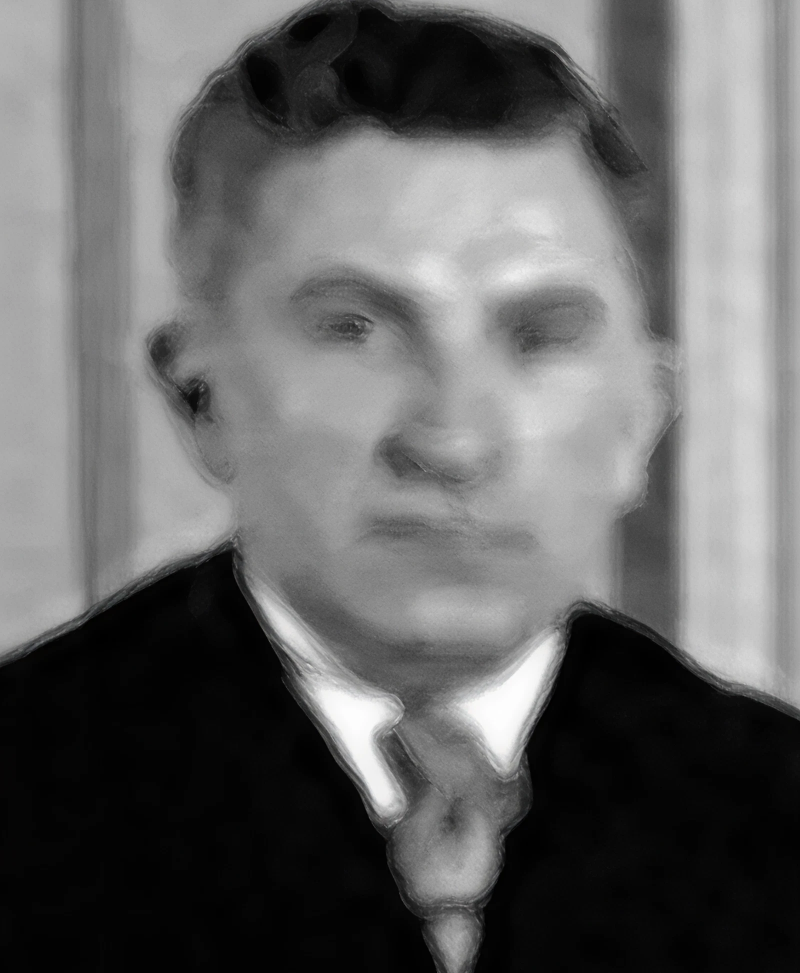
Nathan L. Jacobs
- LL.B., Harvard Law School B.A.,
- New York University
Associate Justice Nathan L. Jacobs
Early Life and Education
Nathan L. Jacobs was born in Jersey City in 1904 and demonstrated academic promise from an early age. He completed his undergraduate studies at New York University, where he focused on political science and government, before earning his law degree from Harvard Law School. His education placed him among the best-prepared young attorneys entering the legal field during the interwar period.
Early Legal Career & Public Service
Jacobs began his legal career in private practice, specializing in civil litigation, administrative law, and regulatory matters. Known for his analytical precision, he quickly gained prominence in New Jersey legal circles. He served as Assistant Corporation Counsel for Jersey City, where he gained experience navigating municipal law and governance.
Jacobs later served as Deputy Attorney General of New Jersey, a role that expanded his expertise in statewide regulatory issues and reinforced his reputation as a thoughtful and disciplined legal scholar. His work at the state level made him a natural candidate for judicial appointment under the newly reorganized court system.
Appointment to the New Jersey Supreme Court (1952)
In 1952, Governor Alfred E. Driscoll appointed Jacobs to the New Jersey Supreme Court, only a few years after the establishment of the modern court under the 1947 Constitution. Jacobs became one of the early architects of the Court’s jurisprudence, helping define its authority and interpretive approach during a foundational era.
Judicial Philosophy & Notable Contributions
Judicial Philosophy & Notable Contributions
- a balanced, text-based approach to statutory interpretation
- strong respect for precedent
- thoughtful engagement with administrative and regulatory issues
- clear, logically structured opinions
He contributed significantly to the development of modern administrative law, civil procedure, and questions of governmental authority in New Jersey. His opinions were often marked by clarity, restraint, and an appreciation for institutional stability.
Later Life & Legacy
Jacobs served on the Court for more than two decades, retiring in 1975. He left behind a substantial body of jurisprudence that helped define the New Jersey Supreme Court’s early identity. He is remembered as one of the Court’s foundational thinkers — a jurist who shaped the principles, tone, and intellectual rigor of the modern judiciary.

